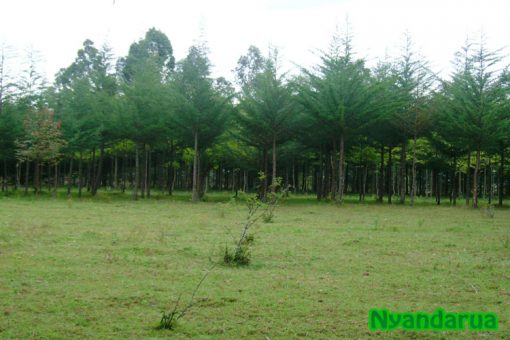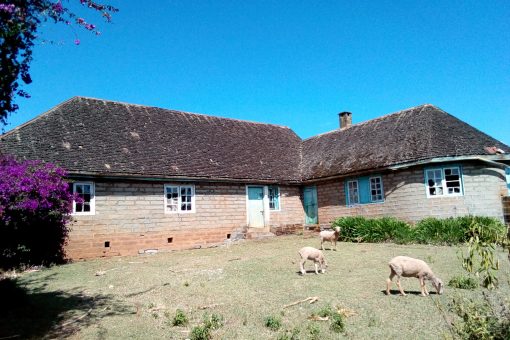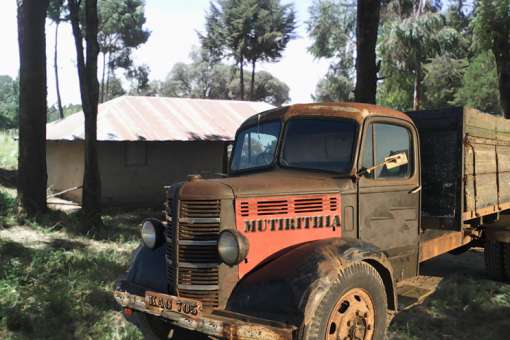Our donkey did not “eat” any of us, but one time it came close. The youngest brother in the bunch was one time loading water on the donkey’s back. While on the donkeys’ side adjusting the jerricans, without warning, the donkey quickly turned its head and bit off a piece of fabric from his shirt. My brother jumped off quickly, away from the donkey in case it came back for a real ‘Mariu feast’. He watched it spit out the piece of his shirt from its mouth, sheer delight written all over it’s face.
Our baby brother watched in disbelief as the donkey arrogantly turned to leave, climbing a nearby hill diligently as it continuously let out gas (guthuria) with every step, pro, pro, pro, pro, leaving my brother in a cloud of toxic air behind him. This incident was never reported to mother; not ever; otherwise “our” donkey would have been sold to the highest bidder for threatening to make a “meal” out of her last born son.
Donkeys were relatively cheap to purchase and also very cheap to maintain. They grazed with the cows and other animals and they rarely required veterinary services. They were the All weather, All terrain, best “Four Wheel drive” that crisscrossed the Settlement Scheme one load at a time. “Eating” their handlers or not, donkeys worked alongside the Pioneer Parents and their families, developing those virgin farmlands, turning them into money makers, that eventually developed the entire of Nyandarua and its towns as you see them today. Say what you may about donkeys, every family needs one. I am a believer.




